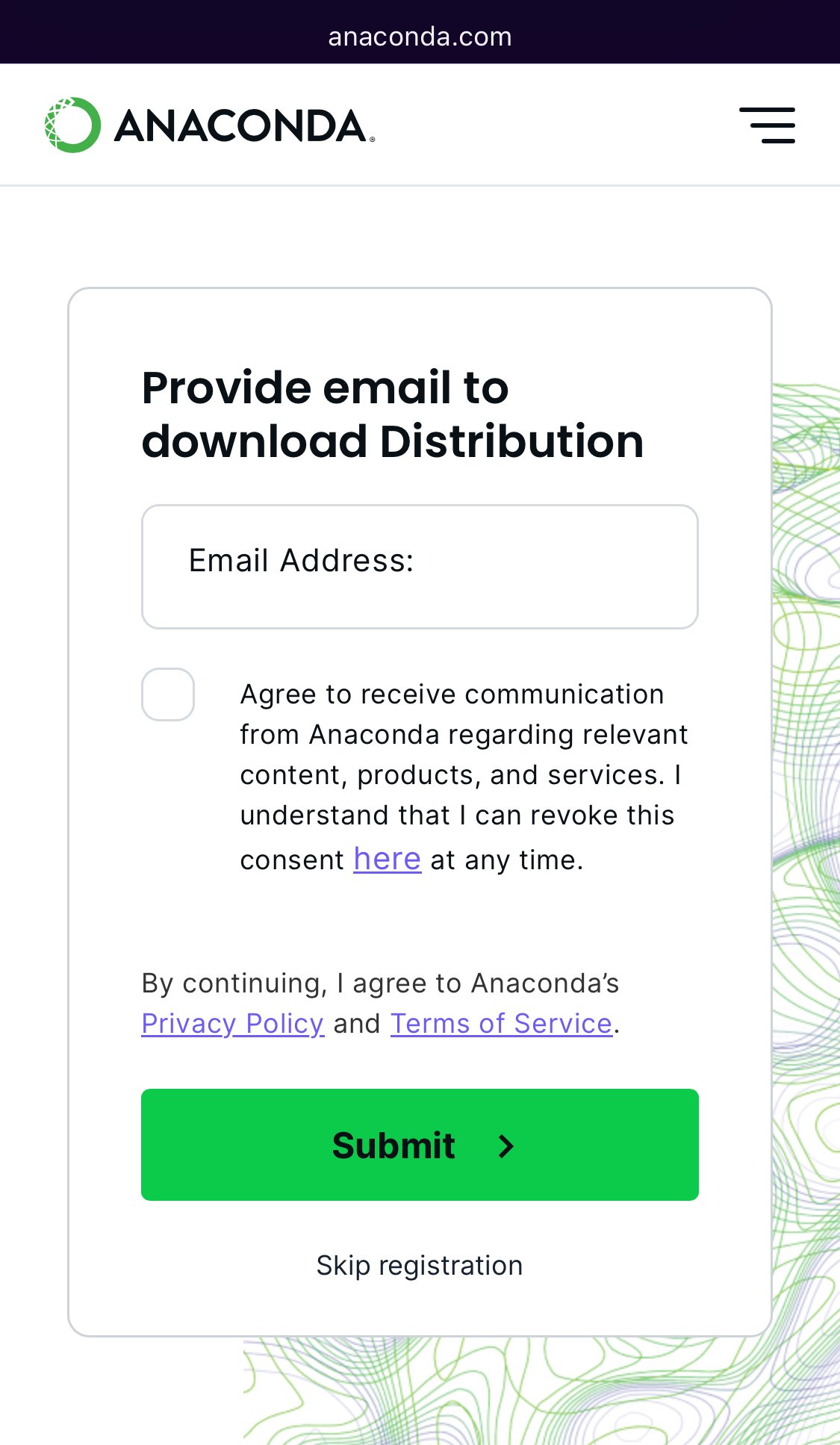Just a quick check, is this location based or something, or maybe the meme was very old? Not to say that these things don’t happen anymore, but I can access this one specifically just fine.
inspxtr
I’ve never had an account with these. Do I need to create an account with them to freeze my credits? And what kinds of information should I give / not give when I do?
I use gitlab ci mainly and dabble in github actions. Can you clarify how “Not even Github managed to pull that off”? IIRC, actions is quite featureful and it’s open-source, so I assume that can be run with self-hosted runners as well.
thanks for clarifying! that’s really helpful!
haha nice. I’ll try that next time
gotcha, thanks for clarifying :)
“NOPE” as in “not a dark pattern” or as in “I’m not touching this site”? if former, can you clarify on the reason?
can you clarify on the 7?
thanks for confirming my suspicion. as for your question, conda in general is good for installing non-python binaries when needed, and managing env. I don’t use anaconda but it provides a good enough interface for beginners and folks without much coding experience. It’s usually the easiest to use that than other variants for them, or the python route of setting up environments
Never tried it, but I would assume if you do a Google takeout of your Google Photos, the metadata would still be kept, and then you can upload that to Proton. Have you tried that yet?
If you’ve never worked before, this can be considered practice runs for the when you do.
Like one of the other commentors said, assume everything is accessible by Google and/or your university (and later, your boss, company, organization, …).
And not just you, but the people who interact with you through it. So that means you may be able to put up defenses, but if they don’t (and they most likely do not), the data that you interact with them would likely be accessible as well.
So here are some potential suggestions to minimize private-data access by Google/university while still being able to work with others (adjust things depending on your threat model of course):
- use Google Workspace services only for collaboration and for official business communication
- don’t link things that may be personal, such as Google Map, Youtube, Search history, Browser, …
- if more sensitive things need to be shared with other people, use more private/encrypted solutions that you like or the university suggests. You should use the latter if it’s still “business”-related, e.g. communicate about medical research data with PII
- if there are communications that need sensitive information (eg HR documents, tax documents), ask them (a) if you can bring the sensitive documents to them, (b) or if the university has an encrypted solution, or (c) if you can use your own encrypted solution (eg put files on protondrive and you give them the appropriate folder password in person)
- go through all Google privacy and security settings every 6 months or so, and turn off what you don’t need (there are usually a bunch of guides for that). Note: every 6 months because there may be new stuff that they add
- turn off all the AI integrated features (sometimes called smart features) in Google services like Mail, GDoc, …
- avoid using GDrive for storage of personal files - if you need to, try to encrypt them before uploading
- you may find there are other people like you; and if you work with them, try to ask whether they are comfortable with alternatives or if they have anything suggestions. However, this is usually rare in most fields, so keep your expectations low for this
- use the multi-account containers in Firefox to containerize all stuff related to university account in one container. Don’t use Google Chrome; if you must you Chromium, there are other “forks?” that you can try
- use UBlock Origin and block unnecessary Google services (you’ll have to play around with this a lot)
- avoid clicking on links in emails if possible, but instead copy them by selecting them (or the right click, copy). This is an unfounded suspicion, Google may track what links you click on

Wonder how the survey was sent out and whether that affected sampling.
Regardless, with -3-4k responses, that’s disappointing, if not concerning.
I only have a more personal sense for Lemmy. Do you have a source for Lemmy gender diversity?
Anyway, what do you think are the underlying issues? And what would be some suggestions to the community to address them?